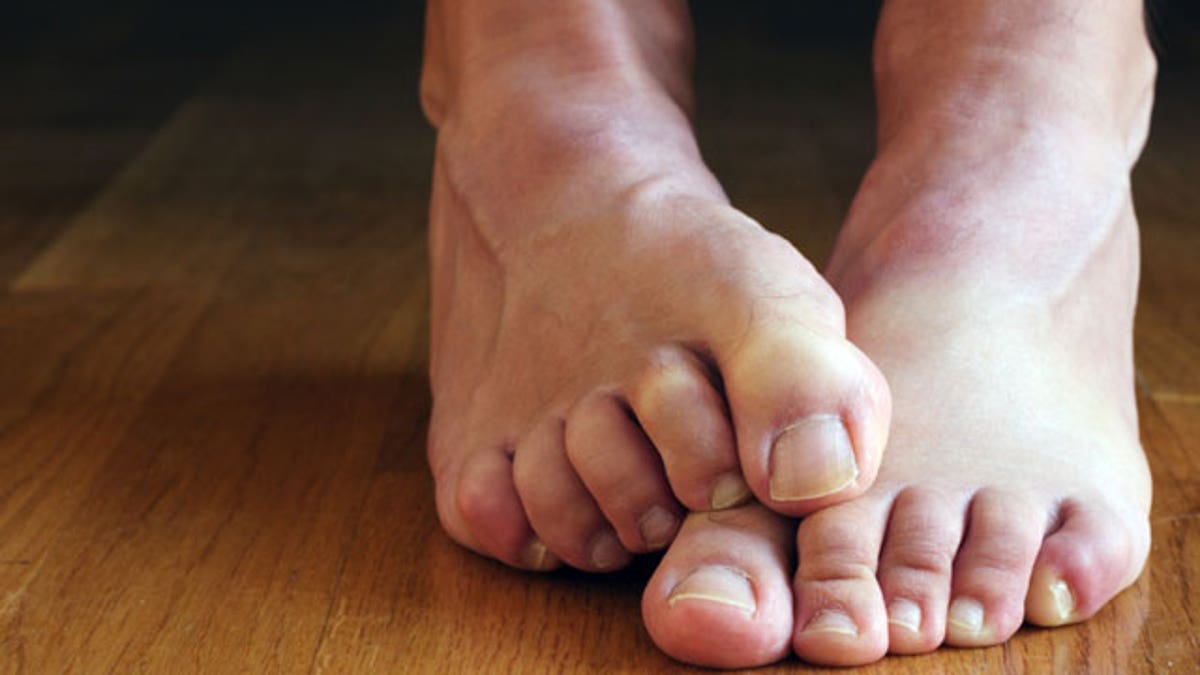
Years ago, I treated an elderly woman who was sent to me because her feet burned relentlessly, from her ankles to the tips of her toes. She could hardly walk. She wept from the pain. It was so hard to bear that she considered taking her own life.
Internists and neurologists and an endocrinologist had ruled out the usual suspects: an autoimmune disorder, shingles, neuropathy from diabetes. So, they sent her to me because they suspected her problems had to be “in her head.”
Near the end of our first session, she stopped telling me the history of the severe and unusual pain in her feet and looked me directly in the eyes. “You know,” she said, “You remind me of my grandson.”
Psychiatrists are trained not to dismiss such comments as pleasantries or mere coincidence.
Everything in the context of a therapeutic hour might have meaning. “Tell me about him,” I said.
“We’re very close,” she said. “He’s always been there for me. Even now, when he’s away, he writes to me every week.”
“I’m glad you have him in your life,” I said. “Has he moved far away?”
“No, no,” she said. “He hasn’t moved. He’s in the army. He’s serving in the Middle East now.”
“I understand.” I wondered whether his absence was involved in this woman’s pain—if only emotionally. “Is he in great danger?” I asked her. “What does he write to you about?”
“He says he’s safe,” she told me. “He says he’ll be OK. The thing that bothers him the most is the heat. It’s so hot there. The sand is the biggest thing. It gets hot like fire. Even with his boots, it burns his . . .”
I glanced down at her feet.
She glanced down at her feet.
“No,” she said, “That can’t be it.”
“He tells you the sand burns his feet.”
She shook her head and squinted down at her feet, again. “Yes, he does, but . . .”
I sat with this woman for about four meetings over the course of a month or so, and listened to her tell me just how much I reminded her of her grandson, just how much she really did miss him, how worried she was that he would be killed, how it reminded her of losing her son decades earlier. And, gradually, the pain in her feet went away.
A miracle? Well, it is, only if you consider the workings of human empathy to be a miracle, which
I happen to. I believe it is miraculous that a grandmother’s feet can burn because she resonates so completely with the suffering of the grandson she loves. I believe it is miraculous that she could communicate this to a complete stranger (me) with the cautious opening line, “You remind me of my grandson.” I believe it is a miracle that listening to her in a therapeutic (and, for this, one may substitute the word “loving”) way would heal her pain.
The human mind and human body are connected at levels we know precious little about. That’s why this woman’s doctors sent her to me, even if it was with a dismissive tone, even a bit of contempt, that her problems were “in her head.”
And if a grandmother’s feet can burn like fire because she loves her grandson, and his life is at risk, then certainly we should understand that migraines and stomach pains and back pain and cardiac pain and muscle weakness and a host of other physical conditions can have their roots in psychological disturbances.
To the extent that you or a loved one suffers with a physical problem that your internist or neurologist or endocrinologist or gynecologist or anyone else says is baffling, please consider the healing possibilities of sitting with a psychiatrist. Sometimes, the mind—or spirit or soul—makes itself known through the body.
Dr. Keith Ablow is a psychiatrist and member of the Fox News Medical A-Team. He is a New York Times best-selling author, and co-author, with Glenn Beck, of the book "The 7: Seven Wonders That Will Change Your Life". Dr. Ablow can be reached at info@keithablow.com








































